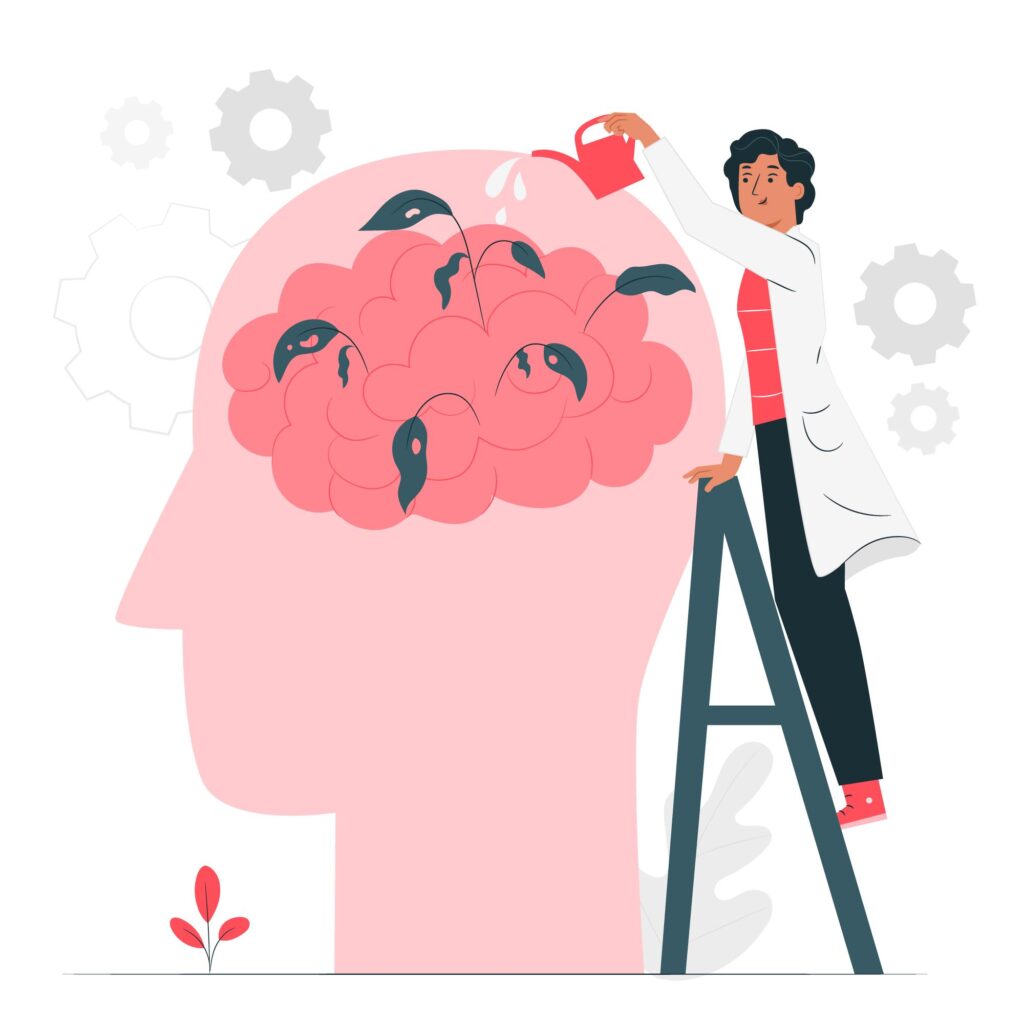Last updated on December 20th, 2024 at 01:52 pm

In any long-term relationship, understanding your partner’s needs is essential for the growth, stability, and happiness of both individuals. By recognizing the psychological factors that can influence a relationship, couples can navigate challenges and foster a lasting bond. In this article, we will examine various areas of psychology that can impact a relationship, such as Attachment Theory, Emotional Intelligence, and Cognitive Behavioural Therapy (CBT), and their effects on communication, trust, and intimacy, while offering strategies for understanding your partner’s needs.
Attachment Theory
Attachment theory is a psychological model that explains how we form and maintain relationships. Developed by psychologist John Bowlby, it suggests that early in life, children develop attachments to their primary caregivers, such as parents or guardians, due to their dependence and need for protection and support. These attachment styles can be internalized and later manifest in adult relationships.
Attachment theory posits that each individual has a distinct attachment style, which defines how they interact with and relate to others in relationships. The three primary attachment styles are secure, anxious, and avoidant.
Individuals with a secure attachment style are generally comfortable with intimacy, dependence, and autonomy. They trust others and feel at ease being both close and independent. These individuals typically have healthy relationships characterized by effective communication, trust, and intimacy.
Individuals with an anxious attachment style often exhibit clinginess, fear of rejection, and struggle with trust issues. They tend to rely heavily on their partner for emotional security and may find it challenging to cope with separation or rejection. Additionally, they may have difficulty relaxing and fully enjoying the relationship.
Individuals with an avoidant attachment style often shy away from intimacy and may find commitment challenging. They typically appear emotionally distant and independent, and they may struggle with trust, making it difficult for them to open up to others. They may also avoid closeness and refrain from expressing their feelings and needs.
It is important to recognize that these attachment styles are not fixed; individuals can change and develop more secure attachment styles over time. Understanding your own attachment style, as well as your partner’s, can assist in managing and overcoming attachment-related challenges.
Couples can focus on developing communication and trust skills while also understanding each other’s attachment styles and needs. Additionally, seeking therapy or counseling can be beneficial in managing and overcoming attachment-related challenges. Grasping attachment theory and recognizing one’s own attachment style can offer insight into how you relate to others and can enhance communication, intimacy, and trust in your relationships.
Emotional Intelligence

Emotional Intelligence (EI) refers to the ability to understand, utilize, and manage emotions in oneself and others. It encompasses the capacity to perceive, express, comprehend, and regulate emotions, as well as the ability to use emotions to enhance thought and understanding. Emotional intelligence can significantly influence one’s relationships, career, and overall well-being.
Having high emotional intelligence means you can communicate effectively, empathize with others, and understand and manage your own emotions, which can lead to better relationships. Furthermore, high emotional intelligence can enhance problem-solving abilities and decision-making skills, along with improving communication and leadership skills.
Conversely, individuals with low emotional intelligence may find it challenging to understand and manage their own emotions, as well as to comprehend and respond to the emotions of others. This can result in misunderstandings, conflicts, and emotional distance in relationships.
Fortunately, emotional intelligence is a skill that can be cultivated over time. Strategies to enhance emotional intelligence may include: developing self-awareness, practicing active listening, learning to empathize with others, and managing one’s own emotions. By understanding and improving emotional intelligence, couples can foster a better relationship, communicate more effectively, empathize with their partner, and manage their own emotions, resulting in a more fulfilling and enriched relationship.
Cognitive Behavioral Therapy (CBT)
CBT is a widely utilized form of talk therapy that assists individuals in changing negative thought patterns and behaviors that can impact their emotional well-being and relationships. CBT emphasizes identifying and modifying patterns of thinking, feeling, and behaving that contribute to emotional distress and relationship challenges. By recognizing these patterns and replacing them with more positive and healthy ways of thinking and acting, individuals can enhance their emotional well-being and improve the quality of their relationships.
CBT is goal-oriented, time-limited, and typically follows a structured process that may vary based on the specific condition being treated and the therapist conducting the therapy. The therapist and client collaborate to identify and understand the problem, as well as to set and work towards goals in a supportive environment. CBT can be applied to a wide range of emotional and psychological issues, including depression, anxiety, PTSD, relationship difficulties, and more.
CBT can assist couples in recognizing and changing negative thought patterns that may lead to misunderstandings, conflicts, and emotional distance. It is also highly effective in developing communication skills, active listening, and empathy. Additionally, it can address underlying issues that may contribute to problems in the relationship, providing partners with tools to overcome these challenges. CBT can benefit couples by strengthening their emotional bond and helping partners to better understand and relate to one another.
Conclusion
In conclusion, understanding your partner’s needs is essential for a healthy and fulfilling long-term relationship. By exploring various areas of psychology, such as Attachment Theory, Emotional Intelligence, and Cognitive Behavioural Therapy, couples can navigate challenges and build a lasting bond. Remember, it is vital to be self-aware, communicate effectively, actively listen to your partner, and remain open to seeking therapy or counseling if needed. By recognizing the psychological factors that can influence a relationship, couples can foster an emotionally healthy and fulfilling long-term relationship.


